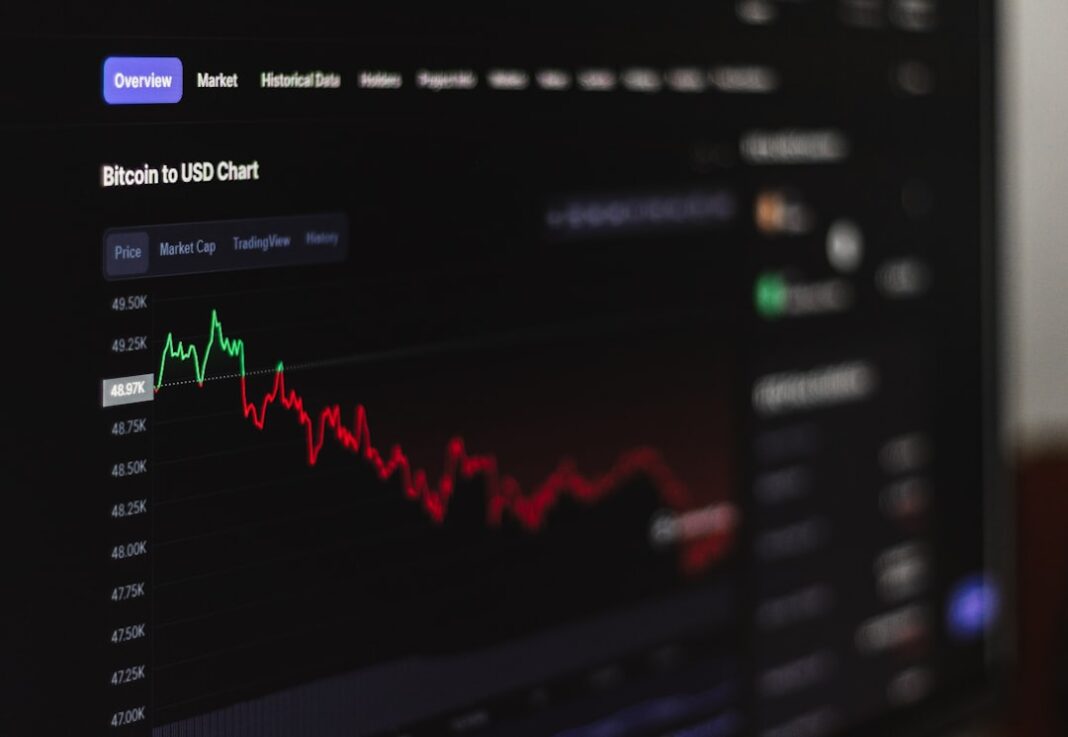A group of Democratic senators has ignited significant controversy by introducing a proposal to establish a ‘restricted list’ for decentralized finance (DeFi) protocols as part of ongoing market structure legislation discussions. The amendment, presented as a counter-proposal to the broader digital asset market framework, would impose stringent regulatory requirements on decentralized platforms, potentially limiting their operational capabilities.
Industry stakeholders and digital asset advocates have voiced strong opposition, arguing that the proposed measures could severely hinder innovation and accessibility within the DeFi ecosystem. Critics maintain that the restrictions would undermine the fundamental principles of decentralization and financial inclusion that characterize these emerging technologies.
The proposal represents one of the most direct regulatory challenges to DeFi protocols to emerge from Capitol Hill, signaling increased legislative scrutiny of decentralized financial systems. Market participants have expressed concerns that such regulations could drive development offshore and reduce American competitiveness in the blockchain sector.
As lawmakers continue to debate the appropriate regulatory framework for digital assets, this latest development highlights the growing tension between innovation and regulatory oversight in the rapidly evolving cryptocurrency landscape. The outcome of these deliberations could establish important precedents for how decentralized financial systems are governed in the United States.


